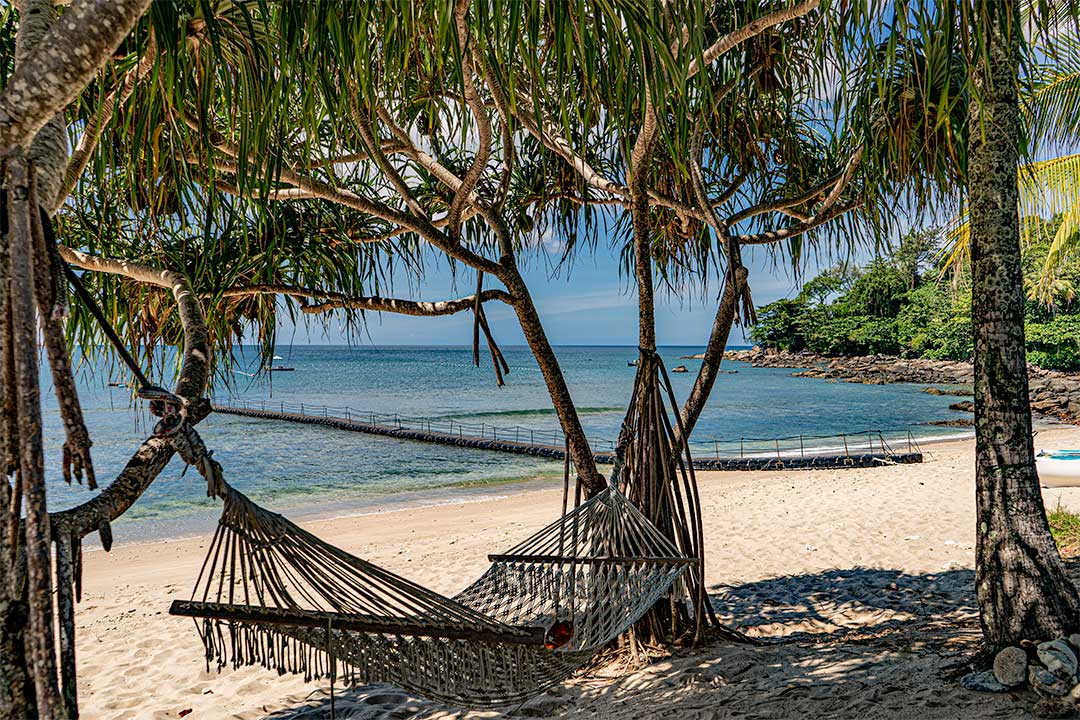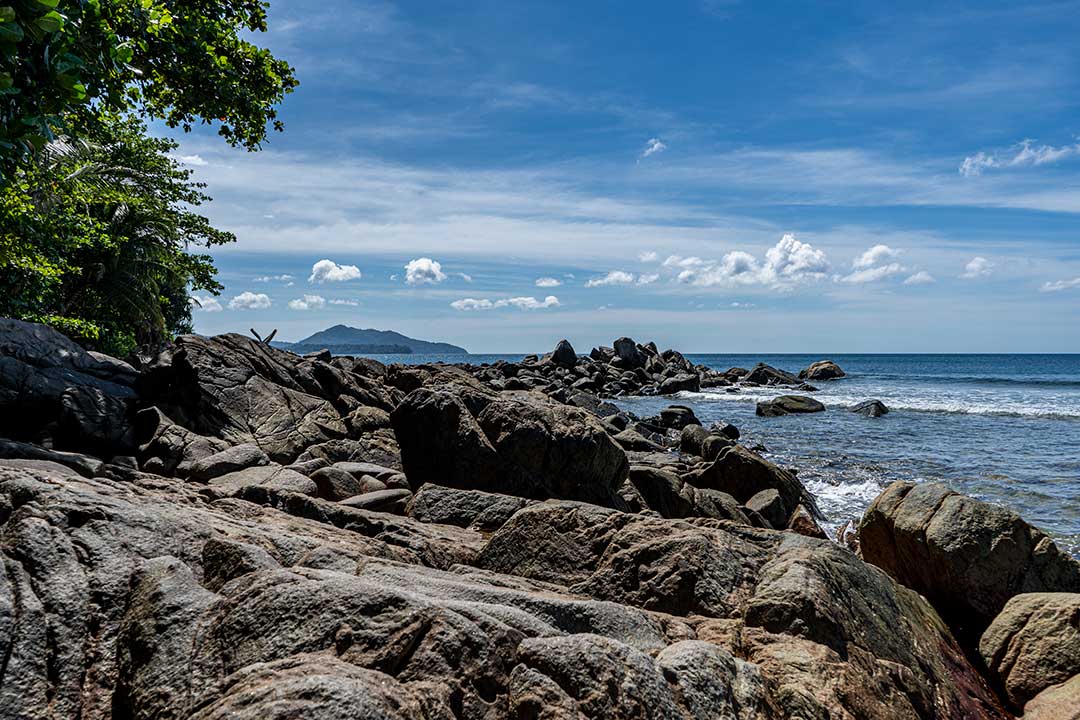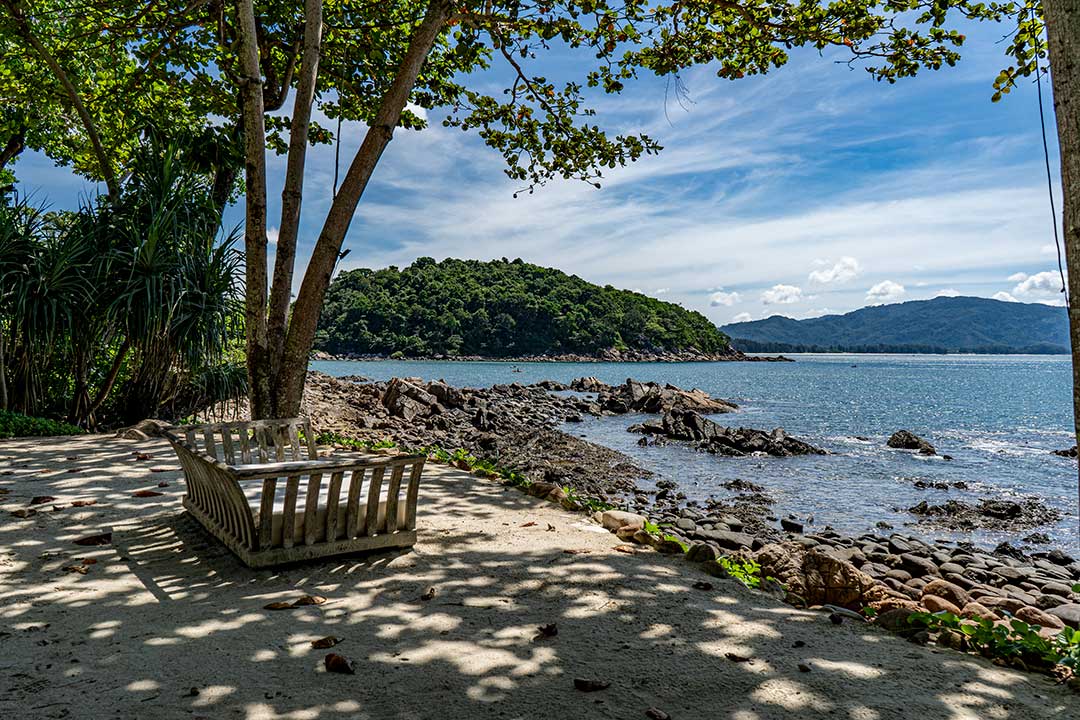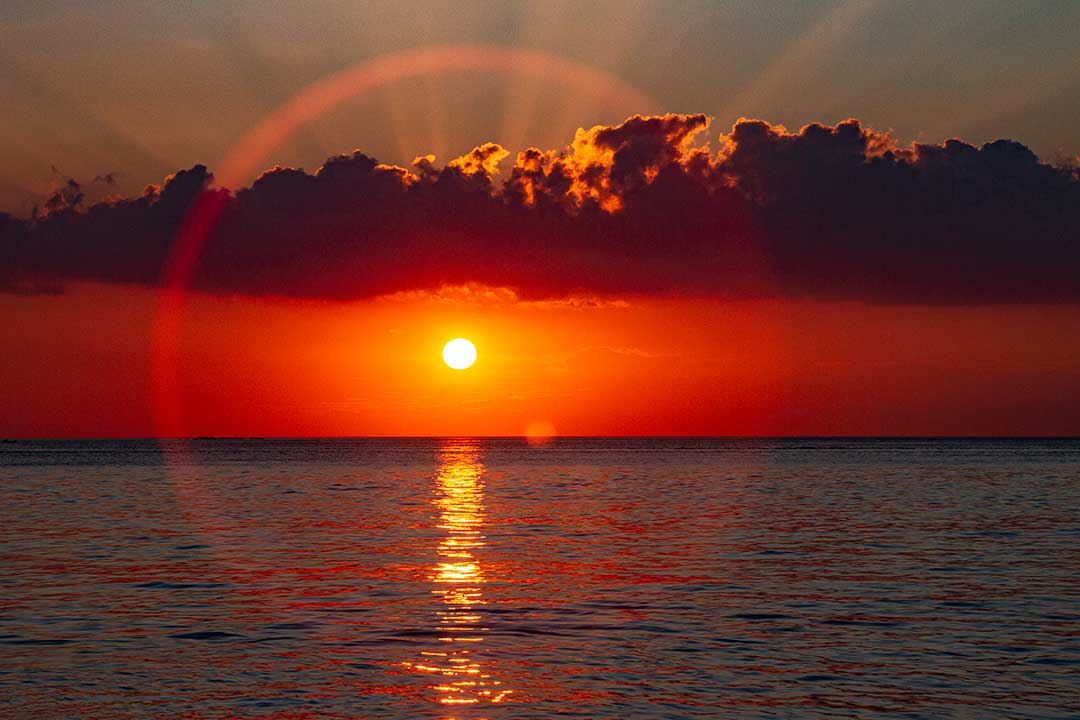Exploring the Rich History of Phuket, Thailand
Unveiling the Past: A Voyage Through Time
Phuket is a captivating island known for its stunning beaches, vibrant nightlife, and lush tropical landscapes.
Yet, beyond its contemporary allure, this tropical paradise holds a beautiful history that has shaped its culture, architecture, and identity.
Phuket’s history is a tapestry of diverse influences from ancient civilizations and colonial powers to trade routes and cultural exchange.
The Origin of the Name Phuket: The name “Phuket” originates in Malay, derived from the word “Bukit,” which means hill.
It aptly describes the island’s topography, characterized by its scenic hills and mountains.

Early Settlement and Ancient Civilization
Phuket’s history dates back thousands of years, with evidence of human settlement as early as the Neolithic period. (from around 9,000 B.C. to approximately 3,000 B.C.)
The island’s strategic location on the major trading routes of the Indian Ocean attracted traders from India, Persia, Arabia, and China.
As a result, the island was an essential stopover for seafarers and a hub for trade, fostering a multicultural environment that influenced its cultural heritage.
Indian and Malay Influence: Around the 1st century A.D., Phuket came under the influence of Indian and Malay traders, bringing with them Hinduism and Buddhism.
The impact of these religions can still be seen in the numerous temples and shrines that dot the island. The iconic Wat Chalong, one of Phuket’s most significant Buddhist temples, is a testament to the island’s spiritual heritage.
Colonial Era and Western Influence
During the 16th century, Phuket attracted the attention of European powers, notably the Portuguese and the Dutch, who sought to establish control over the lucrative trade routes in the region.
The Portuguese arrived first, followed by the Dutch, who established a trading post on the island.
In addition, the island’s natural resources, including tin and rubber, further fueled European interest in the region.
The British Influence and the Battle of Thalang
In the 18th century, the British secured a tin mining concession on Phuket and nearly claimed the island as part of the British Empire.
However, due to safer harbors, they opted for Penang instead.
During this period, the Battle of Thalang took place in 1785, one of the most celebrated moments in Phuket’s history.
The people of Phuket (then known as Thalang) bravely repelled a Burmese invasion with the help of two heroic sisters, Thao Thep Krasattri and Thao Sri Sunthon.
Their inspiring courage and leadership rallied the islanders to defend their homeland, and their bravery is commemorated by statues that symbolize Phuket’s resilience.
They have been honored with the Thao Thep Krasattri and Thao Si Sunthon Monument. Click here to see it on Google Maps.
https://goo.gl/maps/c8DYSS7VY2KabkZa9?coh=178572&entry=tt

The Arrival of Chinese Immigrants and Tin Mining Boom
In the 19th century, Chinese immigrants arrived in Phuket, primarily during the 1820s and 1830s, following the discovery of tin deposits on the island.
These immigrants brought their rich cultural traditions and played a significant role in shaping Phuket’s identity.
As a result, the island’s architecture, cuisine, and festivals blend Thai, Chinese, and European influences.
The discovery of tin deposits during the 19th century transformed Phuket’s economy, attracting migrants seeking fortune.
Chinese laborers played a crucial role in the tin mining industry, driving Phuket’s economic growth.
The opulent mansions and buildings constructed during the tin mining boom still grace the streets of Phuket’s Old Town.
Modernization and Tourism
After World War II, Phuket gradually embraced modernization, with infrastructure development and tourism becoming key drivers of its economy.
In the 1970s, tourism flourished by establishing the first beach bungalows at Patong Beach. The mid-1970s saw the construction of an airport, further facilitating the influx of tourists to the island.
Phuket’s natural beauty, pristine beaches, and vibrant culture made it one of Southeast Asia’s most popular travel destinations.
Phuket’s history is a captivating tale of ancient civilizations, colonial influences, heroic battles, and the rise of tourism.
From its early days as a trading hub to the boom of tin mining and the impact of Chinese immigrants, the island’s history has shaped its culture and identity.
As visitors explore Phuket’s stunning beaches, immerse themselves in its vibrant culture, and witness its historical landmarks, they become part of the island’s ongoing narrative.
Phuket’s fascinating past and dynamic present make it a truly remarkable destination for all who seek to unveil the secrets of its rich tapestry of time.



